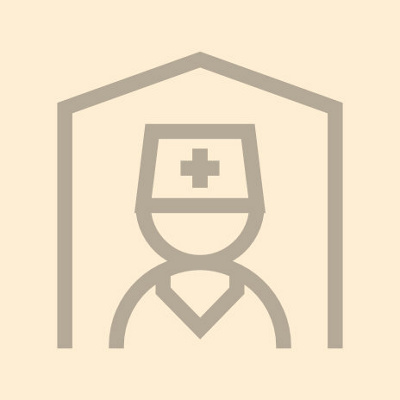Over the course of a two-day event, Mediclinic Kloof played host to globally recognised experts who broadcast their expertise in innovative surgical solutions to the world.
“I was on my way back after a meeting, and I began to feel nauseous. I pulled over and threw up on the side of the road – it was a yellowish bile. And the pain; I can’t explain it. I just knew something was seriously wrong.”
Louis, 55, is the director of a consulting firm. In sudden, crippling excruciating abdominal pain, he rushed to the Emergency Centre at Mediclinic Midstream, and spent seven days being treated with morphine and other painkillers in intensive care. He was then referred to Dr Chris Ziady, a gastroenterologist at Mediclinic Kloof – and that’s where he began to find some answers.
Louis was diagnosed with acute pancreatitis, a condition caused by inflammation of the pancreas, resulting in debilitating pain that often requires emergency medical care. The condition is manageable, if regularly treated with painkillers and other medications. But unless doctors are able to determine the cause of the inflammation – through invasive surgery – the condition may reoccur.
Until now. An innovative collaboration at Mediclinic Kloof is bringing world-class innovative technological solutions to patients in need of urgent surgical treatments. The project is also going a step further, by broadcasting the benefits of the procedures to inform and educate medical students across the world.
“We know the means and structure of medical education is changing,” says Dr Ziady, “and we are changing too. Before we were concerned with getting students into classrooms, now, we are taking the classroom to the student.”
From 26-27 November, Mediclinic Kloof hosted a range of gastroenterology experts at the Biliopancreatic Solutions Symposium to present lectures in surgical theory, live case demonstrations and hands-on training in the hospital’s Endoscopy Unit, in collaboration with Tecmed Africa, Boston Scientific and Pentax Medical.
These training sessions were broadcast via video link to viewers elsewhere in South Africa and all over the world. Worldwide, only seven institutions are involved in broadcasting this training, and Mediclinic Kloof is the only facility in South Africa to take part thus far.
Dr Ziady explains that when he and a handful of colleagues began using a novel technique, known as endoscopic ultrasound, to diagnose patients with diseases of the gastrointestinal tract, they ran into the challenge of access. Very few doctors, at that time, had the facilities and expertise to train others, and so the technique had little opportunity to expand into standard practice.

Dr Ziady is leading the change by partnering with medical technology suppliers and innovators to proactively train students and doctors, wherever they may be. And to do this effectively, he has brought in the expertise of renowned hepatologist and interventional endoscopist Professor Schalk van der Merwe, an associate professor of Medicine in the Department of Gastroenterology and Hepatology at the University of Leuven (KU Leuven), Belgium.
Together, they led a series of talks, which were broadcast to academic institutions in South Africa and abroad, before conducting a series of procedures to demonstrate the benefits of endoscopic ultrasound for patients with common gastrointestinal issues.

The training event forms part of the Preceptor Training Center of Excellence Programs hosted by Boston Scientific. Mediclinic Kloof is the only hospital in Africa to hold a license to host such an event.
Most of the patients presented with pain in the pancreas, and required careful examination to diagnose the cause of the inflammation. The diagnostic capabilities of endoscopic ultrasound are proven and well-known, explains Professor Van Der Merwe. But the true potential of the technique lies in therapy, he says: treating conditions of the digestive system safely, effectively and without invasive surgery.

Students and medical professionals were able to dial in to the event by clicking on a link that directed them through to a live video. Here, they were able to watch and listen as Dr Ziady and his colleagues first discussed innovations in gastroenterological surgery, then watch in real time and the doctors demonstrated those benefits by performing endoscopies on patients in theatre.
Endoscopic ultrasound is a minimally invasive procedure designed to assess diseases of the digestive system. A flexible scope, fitted with a camera, is lowered through the patient’s throat and deep into the alimentary canal, where it can produce detailed images of the lining and walls of the digestive tract and nearby organs, such as the pancreas, liver and lymph nodes.
Professor Van Der Merwe remembers a conversation he had with Dr Ziady at a previous event. “We were asked, What do you want to achieve with this training? He said, I want to help my patients feel better. That stayed with me. That is why we do this.”
Further publications on the topic
Doctors 1


